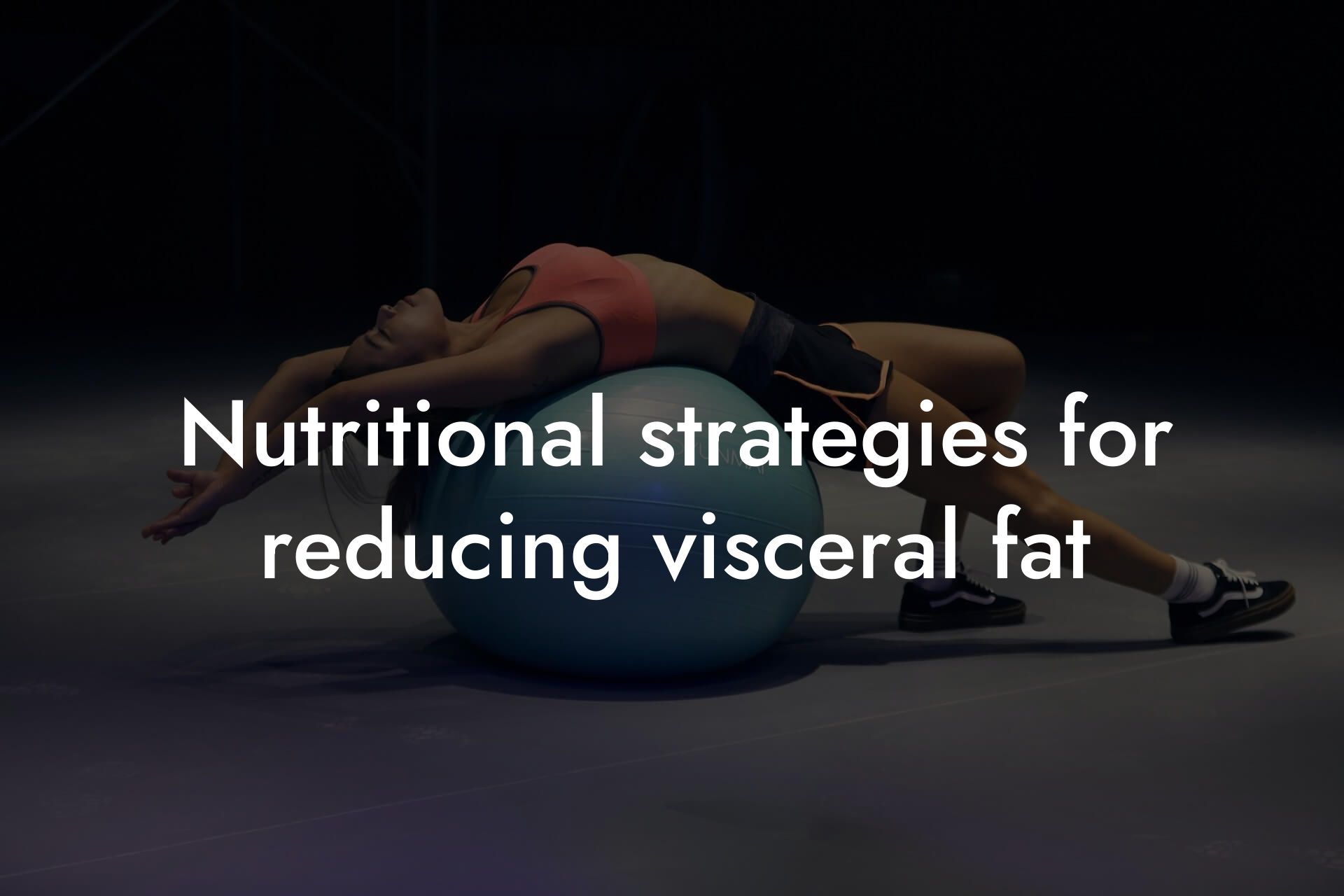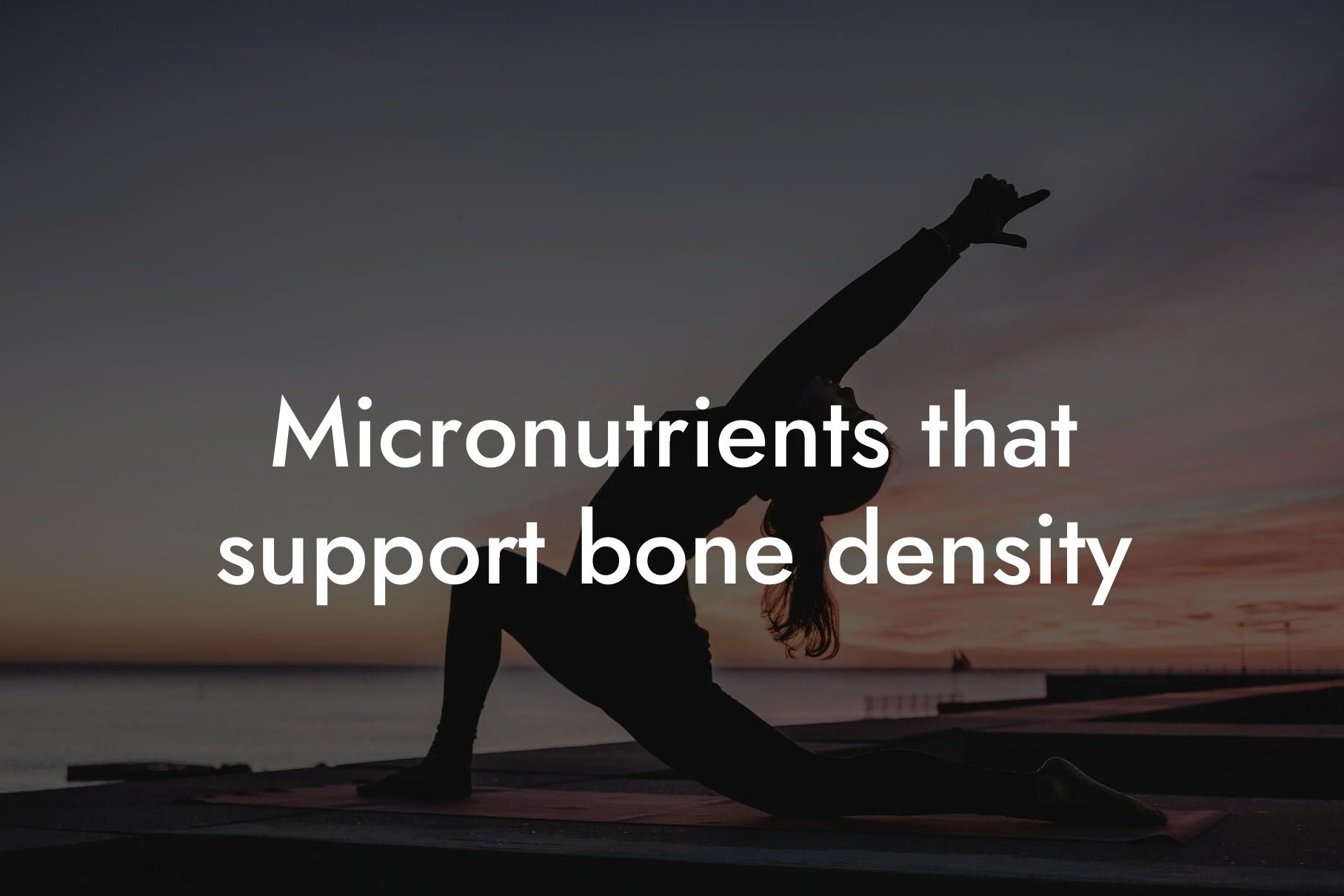As high-earning professionals, you understand the importance of maintaining a healthy physique and body composition. A crucial aspect of achieving this goal is understanding the role of probiotics and gut health in your overall well-being. In this article, we will delve into the world of probiotics, gut health, and their impact on body composition, providing you with the knowledge you need to take your physical appearance to the next level.
Table of Contents
- The Gut-Brain Axis: The Connection Between Gut Health and Body Composition
- What Are Probiotics and How Do They Work?
- The Role of Probiotics in Body Composition
- Probiotics and Gut Health: The Impact on Bone Density
- The Connection Between Gut Health and Hormones
- How to Incorporate Probiotics into Your Lifestyle
- Conclusion: The Power of Probiotics and Gut Health in Body Composition
- Frequently Asked Questions
The Gut-Brain Axis: The Connection Between Gut Health and Body Composition
The gut and brain are connected through the gut-brain axis, a bidirectional communication network that influences various physiological processes, including metabolism, appetite, and body weight regulation. The gut microbiome, composed of trillions of microorganisms, plays a crucial role in this axis, producing neurotransmitters, hormones, and metabolites that affect body composition.
Research has shown that an imbalance of the gut microbiome, also known as dysbiosis, is associated with various metabolic disorders, including obesity, insulin resistance, and type 2 diabetes. On the other hand, a healthy gut microbiome has been linked to improved glucose metabolism, increased fat burning, and enhanced weight loss.
What Are Probiotics and How Do They Work?
Probiotics are live microorganisms that, when administered in adequate amounts, confer health benefits on the host. They can be found in fermented foods, such as yogurt, kefir, and sauerkraut, or taken as dietary supplements. Probiotics work by:
- Colonizing the gut, promoting a balanced gut microbiome
- Producing short-chain fatty acids, which provide energy to the cells lining the colon
- Modulating the immune system, reducing inflammation and improving gut barrier function
- Influencing the production of hormones and neurotransmitters, affecting appetite and metabolism
The Role of Probiotics in Body Composition
Probiotics have been shown to have a positive impact on body composition, particularly in terms of weight management and fat loss. Studies have demonstrated that probiotic supplementation can:
- Enhance weight loss, particularly in individuals with obesity
- Improve body fat percentage and distribution
- Increase lean body mass and muscle mass
- Reduce inflammation and improve insulin sensitivity
Probiotics and Gut Health: The Impact on Bone Density
Bone density is a critical aspect of overall health, and gut health plays a significant role in its maintenance. The gut microbiome influences bone health by:
- Regulating calcium absorption and metabolism
- Producing vitamins, such as vitamin K and D, essential for bone health
- Influencing the production of hormones, such as parathyroid hormone, which affects bone metabolism
Probiotics have been shown to improve bone density, particularly in older adults, by promoting a healthy gut microbiome and enhancing calcium absorption.
The Connection Between Gut Health and Hormones
Hormones play a crucial role in body composition, and gut health has a significant impact on hormone regulation. The gut microbiome influences hormone production and metabolism, including:
- Insulin, affecting glucose metabolism and weight management
- Leptin, regulating appetite and energy balance
- Cortisol, influencing stress response and metabolism
- Thyroid hormones, affecting metabolism and energy expenditure
Probiotics have been shown to modulate hormone levels, improving insulin sensitivity, reducing leptin resistance, and promoting a healthy thyroid function.
How to Incorporate Probiotics into Your Lifestyle
Incorporating probiotics into your lifestyle can be easy and convenient. Here are some tips:
- Consume fermented foods, such as yogurt, kefir, sauerkraut, and kimchi
- Take a probiotic supplement, choosing a strain-specific product that targets your specific health needs
- Maintain a healthy diet, rich in fiber and polyphenols, to support the growth of beneficial microorganisms
- Stay hydrated, as water is essential for the growth and function of microorganisms
Conclusion: The Power of Probiotics and Gut Health in Body Composition
In conclusion, probiotics and gut health play a crucial role in body composition, influencing weight management, fat loss, bone density, and hormone regulation. By understanding the connection between the gut and brain, and incorporating probiotics into your lifestyle, you can take control of your physical appearance and achieve your goals. At Tano Performance Group, we are committed to providing you with the tools and knowledge you need to optimize your body composition and take your business to the next level.
Remember, a healthy gut is the foundation of overall health and well-being. By prioritizing gut health and incorporating probiotics into your lifestyle, you can unlock your full potential and achieve the physique you desire.
Frequently Asked Questions
What are probiotics and how do they relate to gut health?
Probiotics are live microorganisms that, when administered in adequate amounts, confer a health benefit on the host. In the context of gut health, probiotics are beneficial bacteria that inhabit the gastrointestinal tract and play a crucial role in maintaining a healthy balance of the gut microbiome. A healthy gut microbiome is essential for proper digestion, immune function, and overall well-being.
What is the gut microbiome, and why is it important?
The gut microbiome refers to the trillions of microorganisms that live in the gastrointestinal tract. It's a complex ecosystem that plays a vital role in our overall health, influencing everything from digestion and immune function to mood and energy levels. A healthy gut microbiome is essential for proper nutrient absorption, immune system function, and the production of certain vitamins and hormones.
How do probiotics affect body composition?
Probiotics can have a significant impact on body composition by influencing factors such as appetite, metabolism, and fat storage. Certain strains of probiotics have been shown to increase feelings of fullness, reduce inflammation, and improve glucose metabolism, all of which can contribute to weight loss and improved body composition.
Can probiotics help with weight loss?
Yes, certain strains of probiotics have been shown to aid in weight loss. By regulating appetite, improving glucose metabolism, and reducing inflammation, probiotics can help support a healthy weight loss journey. Additionally, probiotics can also help reduce body fat percentage and improve overall body composition.
How do probiotics reduce inflammation?
Probiotics have anti-inflammatory properties that can help reduce inflammation in the body. By promoting a healthy balance of the gut microbiome, probiotics can reduce the production of pro-inflammatory cytokines and increase the production of anti-inflammatory cytokines, leading to a decrease in systemic inflammation.
What is the relationship between gut health and bone density?
Gut health and bone density are closely linked. The gut microbiome plays a crucial role in the absorption of minerals such as calcium and vitamin D, which are essential for bone health. An imbalance of the gut microbiome, also known as dysbiosis, has been linked to an increased risk of osteoporosis and fractures.
Can probiotics improve bone density?
Yes, certain strains of probiotics have been shown to improve bone density. By promoting a healthy balance of the gut microbiome, probiotics can increase the absorption of minerals such as calcium and vitamin D, leading to improved bone health and density.
How do probiotics affect digestion?
Probiotics can have a significant impact on digestion by promoting a healthy balance of the gut microbiome. This can lead to improved nutrient absorption, reduced symptoms of irritable bowel syndrome (IBS), and a decrease in the frequency of digestive disorders such as diarrhea and constipation.
Can probiotics help with IBS symptoms?
Yes, certain strains of probiotics have been shown to alleviate symptoms of IBS, including bloating, abdominal pain, and changes in bowel habits. By promoting a healthy balance of the gut microbiome, probiotics can reduce inflammation and improve gut motility, leading to improved digestive health.
What are the different types of probiotics?
There are many different types of probiotics, each with its own unique benefits and characteristics. Some of the most common types of probiotics include Lactobacillus, Bifidobacterium, and Streptococcus. Each type of probiotic has its own specific strains, which can have varying effects on the body.
How do I choose the right probiotic for my needs?
Choosing the right probiotic can be overwhelming, but it's essential to select a probiotic that aligns with your specific health goals. Consider factors such as the type of probiotic, the CFU (colony-forming units) count, and the specific strains included. It's also important to consult with a healthcare professional or registered dietitian for personalized recommendations.
What is the recommended daily dose of probiotics?
The recommended daily dose of probiotics varies depending on the specific strain and health goal. However, a general recommendation is to take 1-10 billion CFU per day. It's essential to follow the recommended dosage on the label and consult with a healthcare professional if you have any questions or concerns.
Can I get enough probiotics from food alone?
While it's possible to get some probiotics from food sources such as yogurt, kefir, and fermented vegetables, it can be challenging to get enough probiotics from food alone. Supplementing with a high-quality probiotic can help ensure you're getting the benefits of probiotics for gut health and body composition.
Are probiotics safe for everyone?
Probiotics are generally considered safe for most people, but they may not be suitable for everyone. Certain individuals, such as those with compromised immune systems or those taking immunosuppressive medications, should consult with a healthcare professional before taking probiotics.
Can I take probiotics with other supplements?
Yes, probiotics can be taken with other supplements, but it's essential to consult with a healthcare professional or registered dietitian to ensure safe and effective combinations. Certain supplements, such as antibiotics, may interact with probiotics, so it's crucial to take them at separate times of the day.
How long does it take to see the benefits of probiotics?
The time it takes to see the benefits of probiotics can vary depending on the individual and the specific health goal. Some people may experience benefits within a few days, while others may take several weeks or even months to notice improvements in gut health and body composition.
Can probiotics help with mental health?
Yes, there is a growing body of research suggesting that probiotics can have a positive impact on mental health. The gut-brain axis is a complex system that links the gut microbiome to the central nervous system, and probiotics can influence mood, anxiety, and depression by promoting a healthy balance of the gut microbiome.
How do probiotics affect hormones?
Probiotics can have a significant impact on hormone balance by influencing the gut-brain axis and the production of certain hormones. By promoting a healthy balance of the gut microbiome, probiotics can support healthy hormone production and reduce the risk of hormone-related disorders.
Can probiotics help with skin health?
Yes, probiotics can have a positive impact on skin health by reducing inflammation and promoting a healthy balance of the gut microbiome. This can lead to improved skin clarity, reduced acne, and a decrease in the signs of aging.
How do probiotics affect athletic performance?
Probiotics can have a significant impact on athletic performance by promoting a healthy balance of the gut microbiome. This can lead to improved digestion, reduced inflammation, and increased energy levels, all of which can contribute to improved athletic performance.
Can probiotics help with stress management?
Yes, probiotics can help with stress management by promoting a healthy balance of the gut microbiome and reducing inflammation. This can lead to improved mood, reduced anxiety, and a decrease in the physical symptoms of stress.
How do I store probiotics?
Probiotics are live microorganisms that require proper storage to maintain their potency. It's essential to store probiotics in a cool, dry place, such as the refrigerator, and to follow the specific storage instructions on the label.
What is the shelf life of probiotics?
The shelf life of probiotics varies depending on the specific product and storage conditions. It's essential to check the expiration date on the label and to follow the specific storage instructions to ensure the potency of the probiotics.
Here are some related articles you might love...
- The role of antioxidants in body composition
- Nutritional strategies for reducing visceral fat
- Micronutrients that support bone density
- Plant-based diets and their effects on body composition
- Omega-3 fatty acids and their impact on body fat
- Carb cycling for fat loss and muscle gain
- The impact of alcohol on body composition
- Nutritional timing for optimal muscle growth
- The benefits of collagen for bone and muscle health
Zak Faulkner
Zak Faulkner is a leading authority in the realm of physical health and body composition analysis, with over 15 years of experience helping professionals optimise their fitness and well-being. As one the experts behind Tano Performance Group, Zak has dedicated his career to providing in-depth, science-backed insights that empower clients to elevate their physical performance and overall health.
With extensive knowledge of DEXA technology, Zak specializes in delivering comprehensive body assessments that offer precise data on body fat, muscle mass, bone density, and overall physique. His expertise enables individuals to make informed decisions and achieve their fitness goals with accuracy and confidence. Zak’s approach is rooted in a deep understanding of human physiology, combined with a passion for helping clients unlock their full potential through personalised strategies.
Over the years, Zak has earned a reputation for his commitment to excellence, precision, and client-focused service. His guidance is trusted by top professionals who demand the best when it comes to their health. Whether advising on fitness programs, nutritional strategies, or long-term wellness plans, Zak Faulkner’s insights are a valuable resource for anyone serious about taking their health and fitness to the next level.
At Tano Performance Group, Zak continues to lead our Content Team revolutionising how professionals approach their physical health, offering unparalleled expertise that drives real results.




